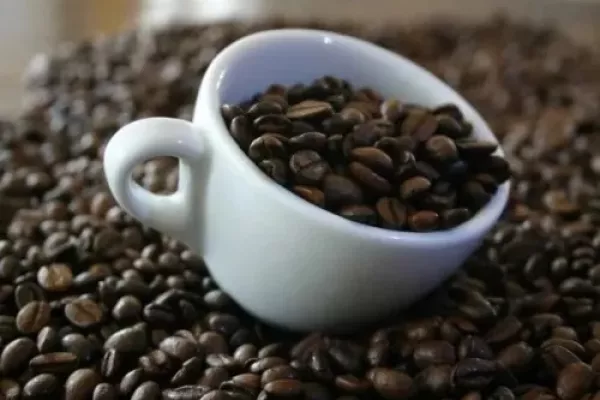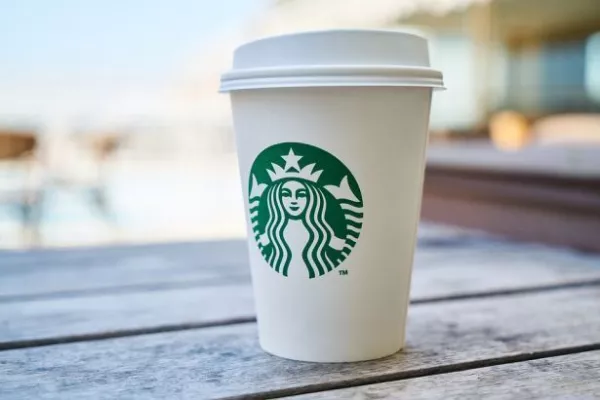The best deal-makers know to strike while the iron is hot. By that measure, the restaurant industry is sizzling.
Wednesday's $7.5 billion acquisition of Panera Bread by JAB Holding was the largest-ever US restaurant deal and the third major restaurant tie-up in the past six weeks.
Consolidation is afoot - and it's not necessarily a bad thing. Too much supply and not enough demand has been hammering the traffic, sales and stock prices of restaurants.
That's contributed to bankruptcies of public and major private restaurants soaring to the highest number last year since 2011. BITE, the first-ever restaurant ETF, shut down after lagging the S&P 500. And for the first time since 1999, zero restaurant chains went public last year, notes Barclays restaurant analyst Jeffrey Bernstein.
Darden Restaurants CEO Gene Lee admitted last week that America has just about enough Olive Gardens, saying it soon wouldn't be prudent for Darden to build any more of them. Each new restaurant location Darden opens is no longer creating new sales, but rather stealing share from another restaurant.
That's one reason why Darden - which jettisoned its Red Lobster chain not too long ago - recently bought privately held Cheddar's Scratch Kitchen for $790 million. M&A is one way to gain share and boost growth without cannibalizing your own sales.
Still, it's clear valuations are getting a bit heady.
Restaurant Brands International Inc.'s purchase of Popeye's Louisiana Kitchen, marked the highest sales multiple ever paid for a North American restaurant company, according to data compiled by Bloomberg.
Likewise, JAB Holding paid 19 times Panera's Ebitda in the past year and almost three times its revenue, landing the deal among the most expensive North American restaurant targets in the past decade.
Sure, these deals are for the cream of the restaurant crop. But the multiples of transaction prices are outpacing where these companies are actually trading, which has signaled a top in the past.
Overall restaurant-sector multiples, which climbed for six consecutive years through 2015, started to fall last year. And as sales declines continue, so do share losses. That will hurt valuations further, possibly making transaction multiples seem even more detached from reality.
Another sign the current deal craze may have a short shelf life: North American restaurant deal count has been down since 2014, echoing patterns from the last economic cycle:
Deal volume has also been down since 2014, though the blockbuster Panera deal could help push this year to a new record:
The restaurant deal frenzy might continue into 2017, as interest rates remain relatively low and plenty of motivated cash sloshes around.
But restaurant brands in any position of strength who are looking to sell should act sooner rather than later. They might have a limited window to secure a Panera or Popeye's-like premium.
Potential targets, including The Cheesecake Factory, Shake Shack, Dunkin' Brands Group, and Papa John's International Inc., should be entertaining suitors and talking to their M&A bankers -- otherwise they are doing a disservice to their shareholders.
Plus, private equity companies, who tend to like restaurant chains because of their stable cash flows, have proven to be willing buyers of pricey assets at the top of past cycles.
Barclays's Bernstein points out that, since 2000, PE firms have represented 50 percent of the dollar value of deals but only 25 percent of the count, suggesting they can stomach larger deals such as Panera and Popeye's.
At the other end of the spectrum, potential bargains may be found among struggling chains such as Ruby Tuesday Inc., Ignite Restaurant Group Inc., and Noodles & Co. These companies, once some of the fastest-growing darlings of the industry, are now considering bankruptcy, outright sales, or private equity investments
For now, the deal frenzy could breathe some life into restaurant stocks the same way deal speculation temporarily boosted shares of consumer packaged-goods companies in recent years. But restaurant deal-makers and investors can't expect this kitchen to stay hot forever.
This column does not necessarily reflect the opinion of Bloomberg LP and its owners.
News by Bloomberg, edited by Hospitality Ireland









